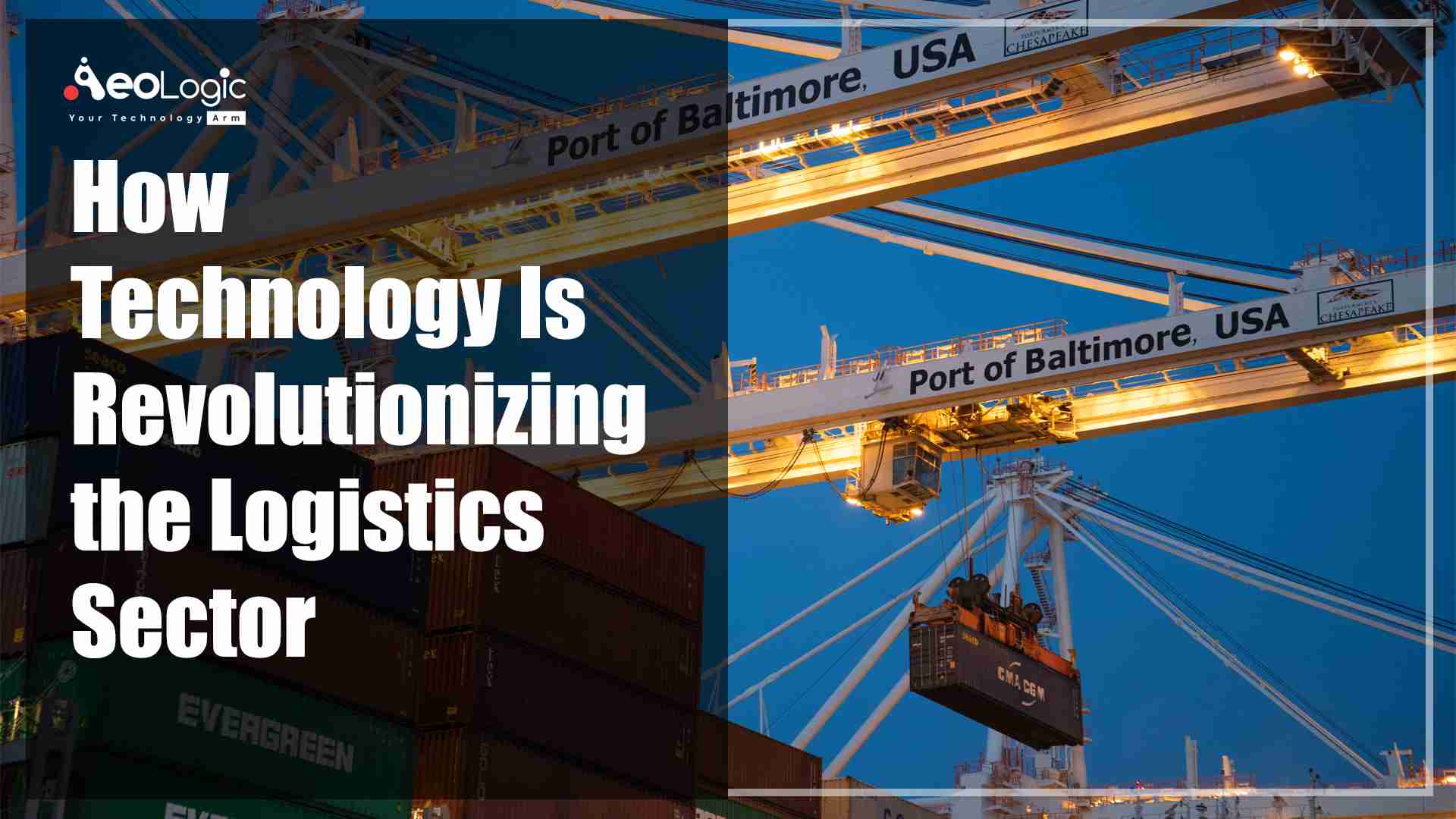The logistics industry is one of the most competitive, challenging industries. Just to sustain in this industry is in itself very difficult but in the past few years, the world has seen the logistics and supply chain industry increase its profit margin magnificently.
How Does It Happen?
If we look slightly at the past we can see quite clearly that every revolution has led to uplifting that particular sector. With the evolution of technology, year by year businesses has changed their way of operation making it beneficial for both the business owners and the consumers.
Similarly, the new-aged business owners in the logistics and supply chain industry have started implementing various technologies to optimize their operations. These technologies include artificial intelligence (AI), machine learning (ML), radio frequency identification (RFID), warehousing automation, cloud computing, big data analytics, blockchain, virtual reality, and augmented reality.
All of these technologies give their input to making the logistics and supply chain industry more efficient, effective, and productive.
Implementing Technology for Fast Delivery
If you remember, a few years ago the product was ordered online to deliver within the span of four days. Then it got decreased from two days to one day, and because of the consumer demand and the highly competitive environment companies are making the delivery of the products within a few hours.
This happened because of the continuous advancement in technology. The logistics industry knows that the future is all about fast delivery and this can only be done with the implementation of technology.
The long tail of merchants in the long term getting that kind of facility to be able to get their goods to their buyers in the shortest period of time is becoming the future of eCommerce logistics.
Implementing Technology for Automation
There is no doubt in the fact that the future is all about pace, in order to fulfill the market demand many businesses in the logistics and supply chain industry have started to shift their traditional way of operation to automation.
Traditional operations involve major work done manually with a lot of human intervention. Humans are meant to make mistakes and sometimes it even leads to increasing the overall costs of operations. Automation is being used to run the operations systematically that including technologies like robotics, artificial intelligence (AI), machine learning (ML), cloud computing, and many more.
Thus automation enables conducting the operations as fast and as smooth as possible. This indeed results in increasing the efficiency, effectiveness, and utilization of workflow. Even the customers will get their orders at the earliest, resulting in them becoming loyal customers of the brand.
Implementing Technology For Real-Time Visibility
Radiofrequency identification (RFID) technology is one such technology that has all the capabilities to solve the highest level of complexity involved in the transition of the products. One of the biggest challenges organizations face in logistics and supply chain management is to have accurate trackability of their products.
There is a prominent reason behind this thought and that is real-time trackability keeps informing both the management and the customer about their orders. This information is highly beneficial and plays a vital role in shaping the decision-making process for both the parties that is management and the customer.
By stating decisions making process we mean, real-time tracking of the products gives the customers a high level of feeling of involvement in the shipping process and they did not need to ask the service provider for their shipment. This ease of delivery experience increases the satisfaction level of the customers making them loyal to the company.
On the other hand, the logistics and supply chain management will be able to monitor the pace and the quality of the shipment accurately and precisely. This will indeed result in overcoming all the loopholes that cause the trouble in the transportation if any.
Conclusion
To sum up, implementing the technologies in logistics and supply chain surely gives a competitive edge but its benefits are not limited to this only. Rather than be precise the implementation of technology has now become necessary. A lot of businesses in the logistics and supply chain industry have already started implementing various technologies in their operation, especially after the global pandemic of coronavirus.
Hence it will be correct to state that technology has revolutionized the way logistics and supply chain businesses use to function. Not to mention it is still revolutionizing the industry day by day.
Are you looking to implement technologies into your logistics business? If yes so please feel free to contact us at support@aeologic.com

Manoj Kumar is a seasoned Digital Marketing Manager and passionate Tech Blogger with deep expertise in SEO, AI trends, and emerging digital technologies. He writes about innovative solutions that drive growth and transformation across industry.
Featured on – YOURSTORY | TECHSLING | ELEARNINGINDUSTRY | DATASCIENCECENTRAL | TIMESOFINDIA | MEDIUM | DATAFLOQ









